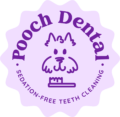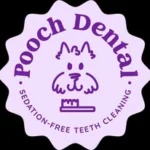Sedation-free dog teeth cleaning
Discover the gentle touch of sedation-free dog teeth cleaning for your furry friend! It’s a safe and budget-friendly choice suitable for most dogs, regardless of size. Treat your pup to clean teeth and fresh breath in just over an hour. All breeds welcome!
What is Sedation-Free Teeth Cleaning
This service provides non-sedative teeth cleaning for dogs, offering a safe and effective way to remove plaque, tartar, and buildup from their teeth without the use of sedation or anesthesia. Using specialized tools, we manually scale the teeth and polish them to smooth surfaces, reducing the likelihood of plaque buildup. This option is ideal for pet owners concerned about anesthesia risks or dogs sensitive to sedation.
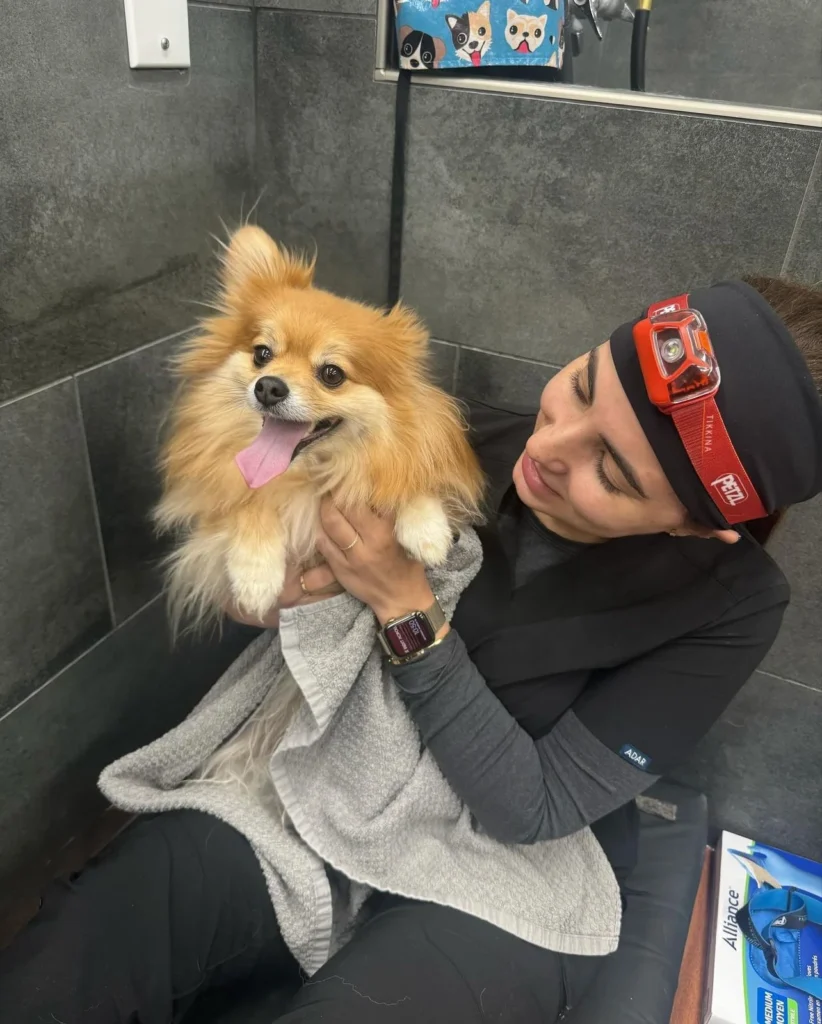
The benefits of sedation-free teeth cleaning:
- Effectively improves breath and cleans teeth
- Gentle low-stress procedure, your pooch remains fully awake with no recovery time needed
- Quick process, typically finished in just over an hour
- Cost-effective addition to your dog’s dental routine
- You're not charged if cleaning isn't possible
- Great addition to your dog's dental routine along with vet visits and at-home brushing
Sedation-Free teeth cleaning is not:
- Meant to substitute regular veterinary care
- For procedures like extractions, x-rays, or diagnostics
- Not a medical procedure
Book an Appointment Now
Dog Teeth Cleaning
We offer teeth cleaning without the need for anesthesia or sedation. For smaller dogs, we gently wrap them in a towel, while larger dogs are positioned comfortably on their backs. The cleaning process lasts around an hour and 30 minutes, during which we use manual scaling tools to clean your dog’s teeth meticulously. Before starting the cleaning, we will conduct an assessment to ensure the safety of both our team and your pet. We will discuss any findings with you, including signs of gum irritation or tooth damage. It’s important to note that while we conduct a visual inspection, we are not veterinarians and cannot diagnose or treat conditions. Most dogs tolerate the procedure well, but if we’re unable to proceed, there is no charge for our attempt.
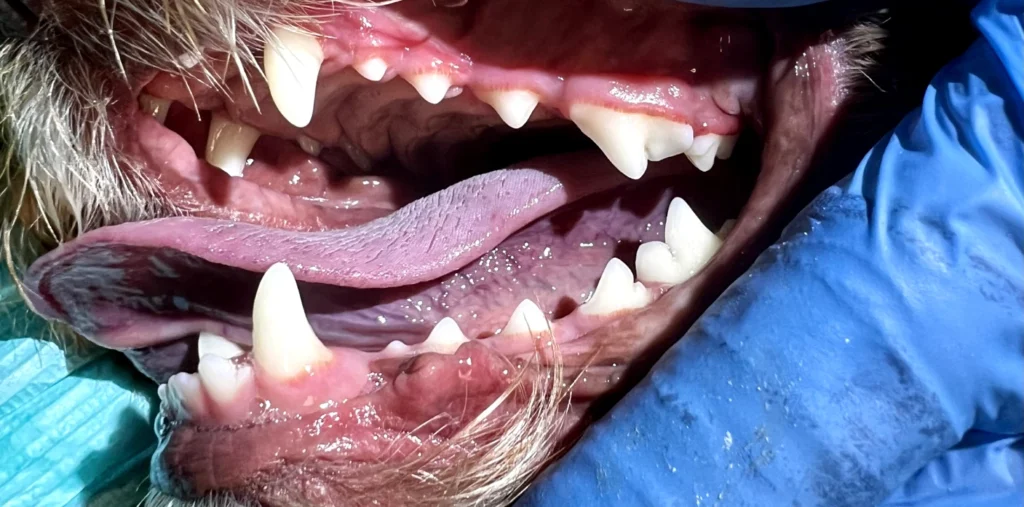
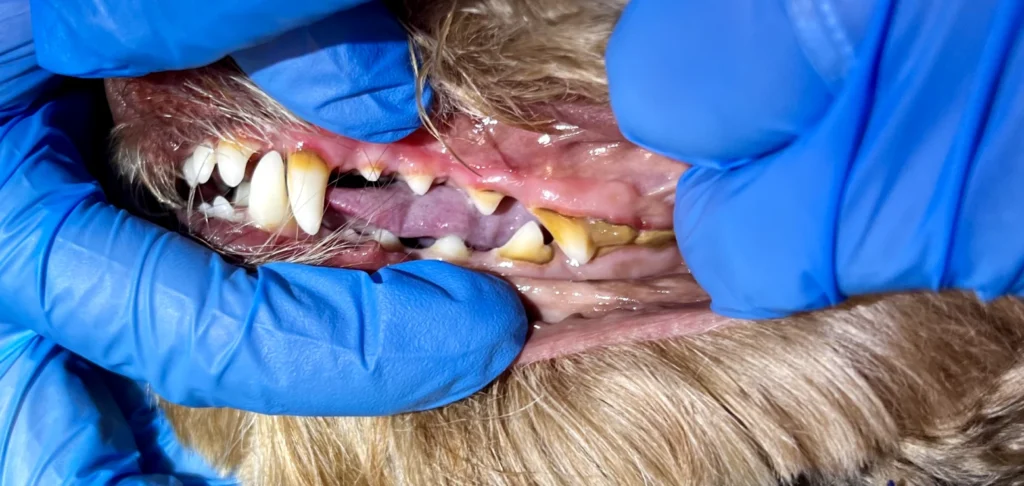
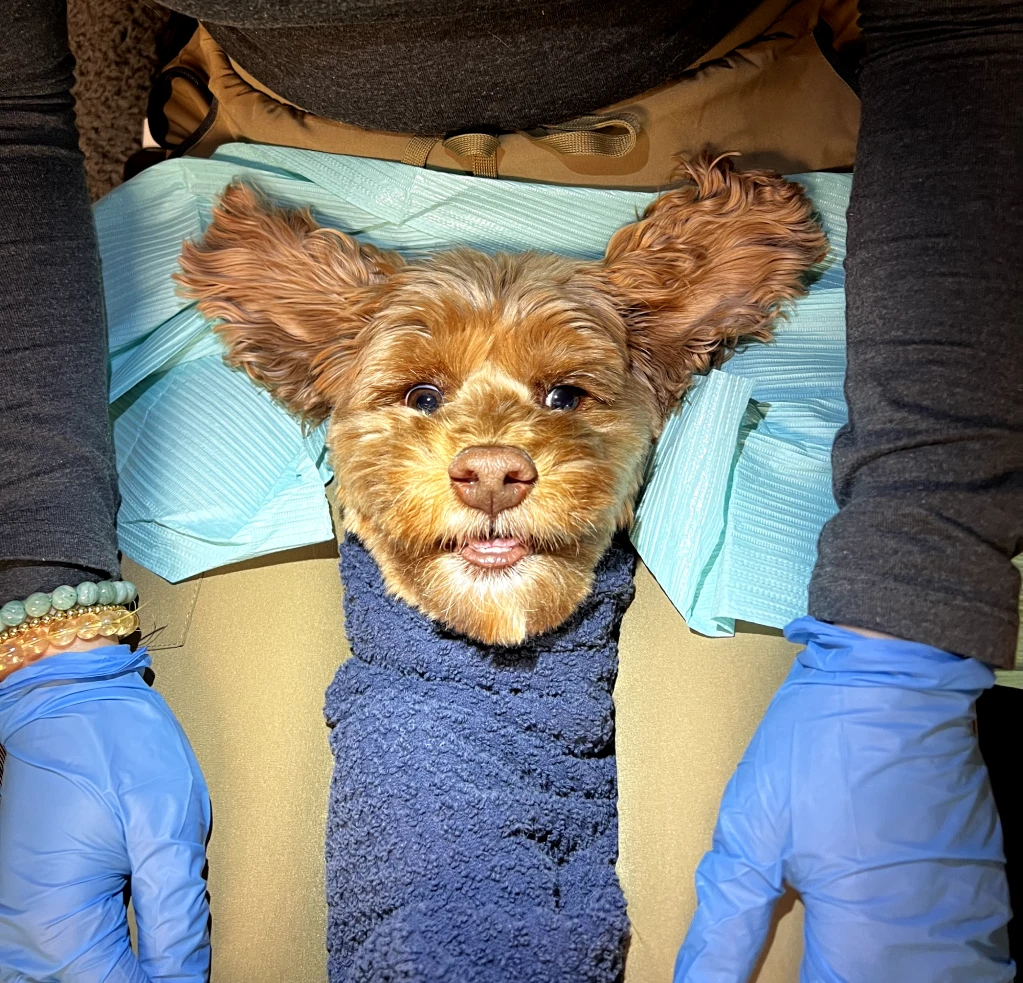
Pricing
The total cost for the cleaning-
A $30+ GST ($31.50) deposit is required when booking
-
The deposit will go towards the final cost of the service
-
$329+ GST for dogs over 95lbs (St. Bernards, Bernese Mountain Dogs)
